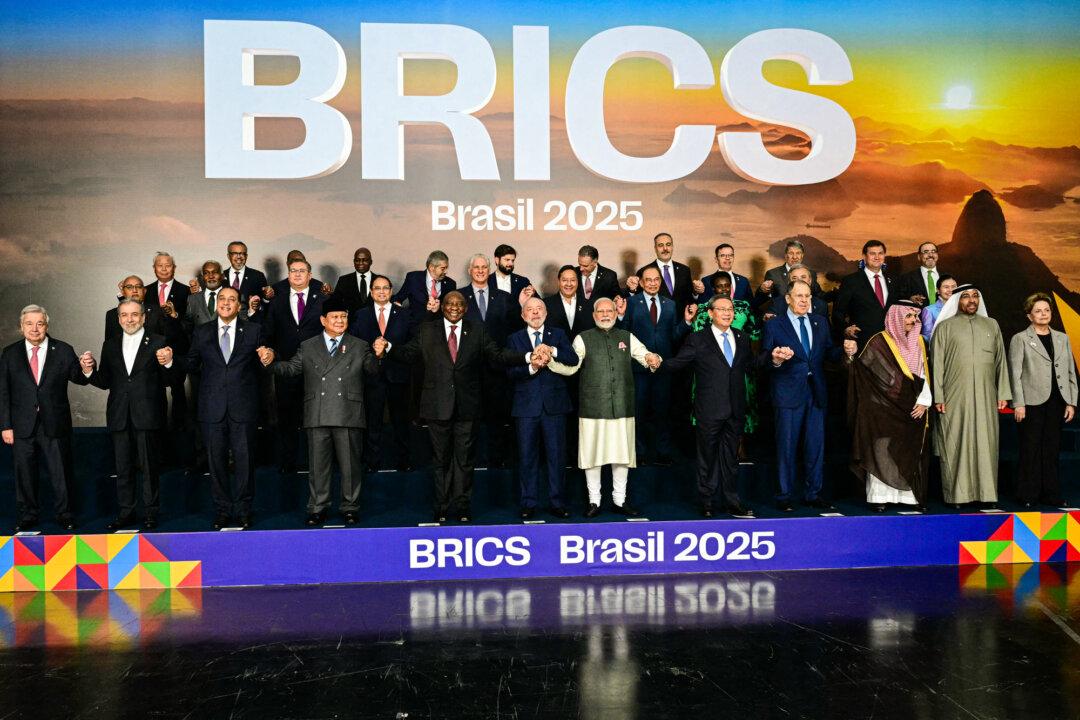If you’re wondering where the economy is headed, you’re not alone. There are enough data, indicators and economists’ opinions to argue either way. But behavioral economist Robert Shiller thinks Trump’s free-spending ways and motivational speaker style of leadership may be leading factors. He has even predicted that, due to the “Trump Effect,” the next recession may be “years away.”
Is Shiller right?





